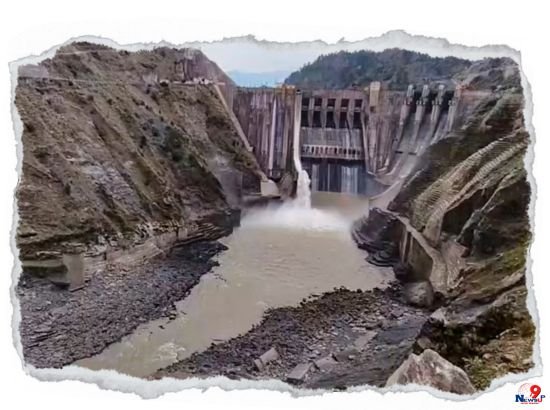
India has taken a bold step by suspending the Indus Water Treaty. This move follows the deadly terrorist attack in Pahalgam, Jammu and Kashmir. Indian officials have called the decision a strong message to Pakistan.
After suspending the treaty, India plans to escalate the pressure. It may officially inform the World Bank and neutral expert Michel Lino to skip upcoming meetings. These meetings were meant to address Pakistan’s complaints over Indian hydropower projects.
A government source explained that India could ask Lino’s office to postpone or cancel future talks. Lino had planned a session in Vienna later this year under the Permanent Court of Arbitration (PCA). The PCA is hearing Pakistan’s objections to the Kishanganga and Ratle projects.
Pakistan first objected to the Kishanganga project in 2006. India built this 330-megawatt hydropower plant on the Jhelum River. Later, Pakistan opposed the 850-megawatt Ratle project on the Chenab River. In total, there are seven projects in dispute.
Indian officials believe that the suspension of the treaty nullifies the need for neutral mediation. “The treaty no longer applies, so experts have no role now,” a source close to the matter said.
India’s response to the April 22 terror attack did not stop at the treaty suspension. It also reduced the number of Pakistani staff at Indian High Commissions. The government cut the staff strength from 55 to 30. It also shut down the Attari check post and ended visa waivers for Pakistani citizens under the SAARC Visa Exemption Scheme.
These actions signal a major shift in India’s diplomatic posture. Officials say these steps aim to isolate Pakistan globally and counter cross-border terrorism more forcefully.
India has chosen to act firmly instead of waiting for international mediation. The government wants to control regional water rights and push back against terrorism in a decisive way. Whether this creates further tensions or draws global attention remains uncertain. But the message from New Delhi is clear—India won’t tolerate attacks on its soil.